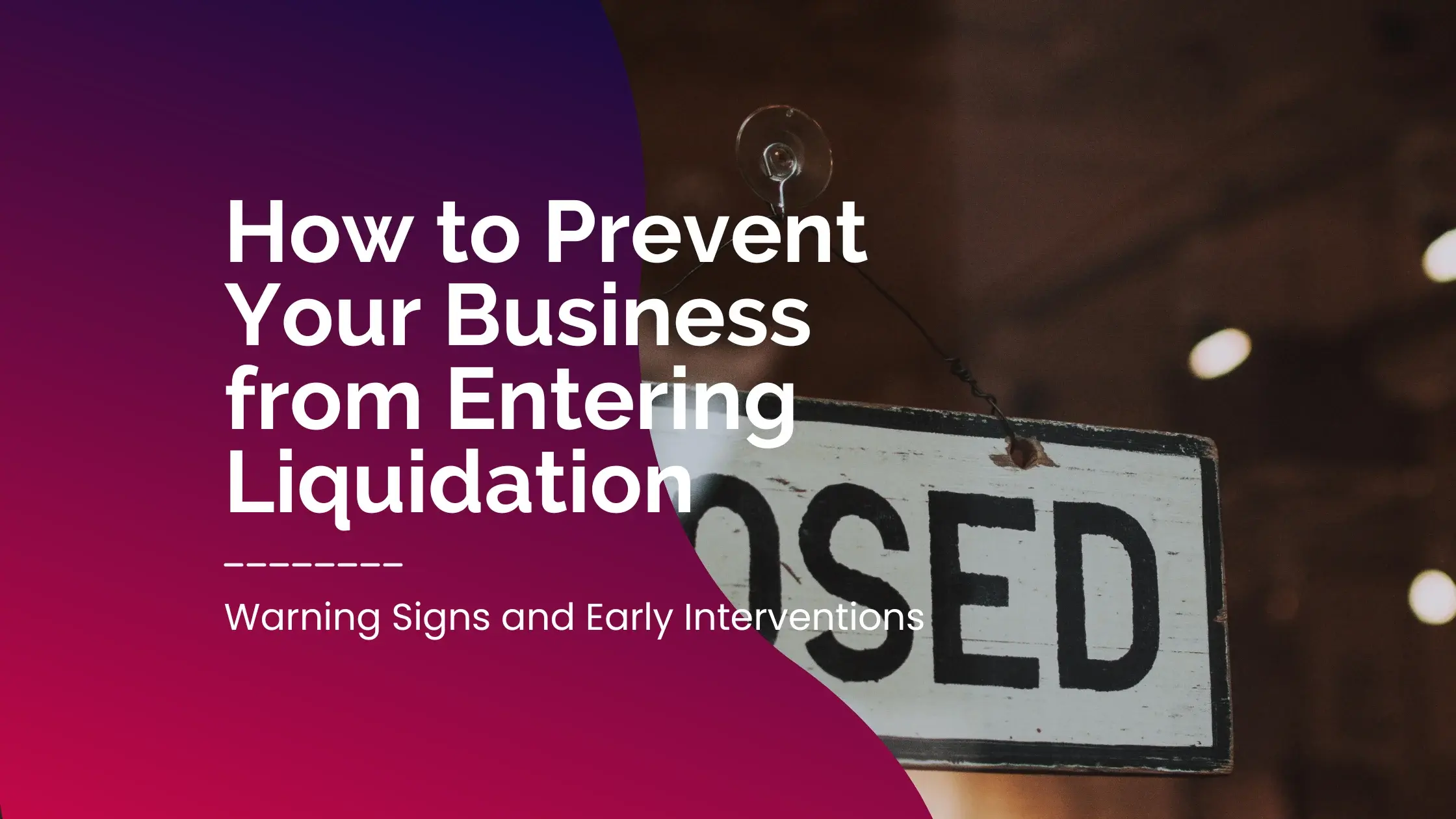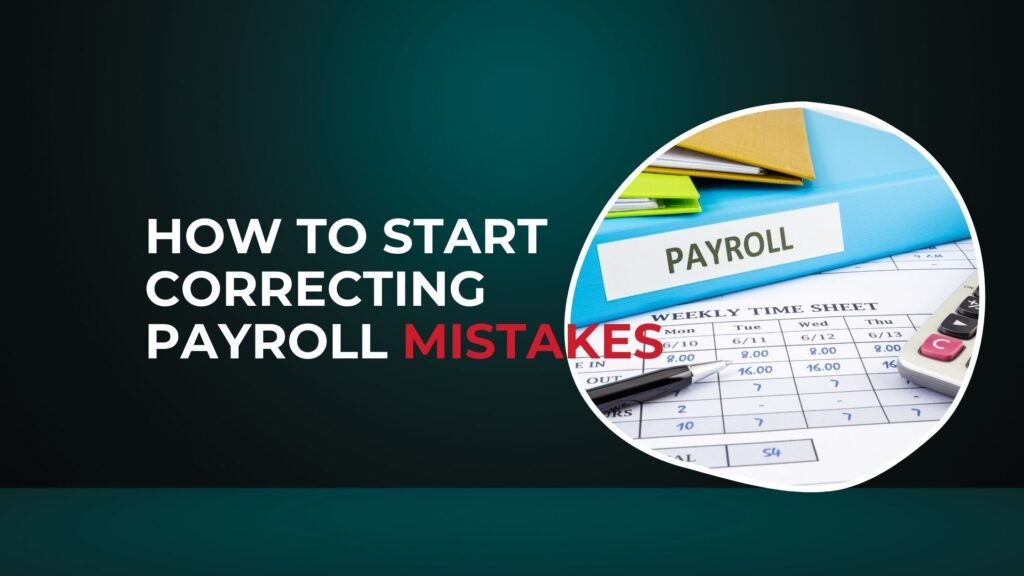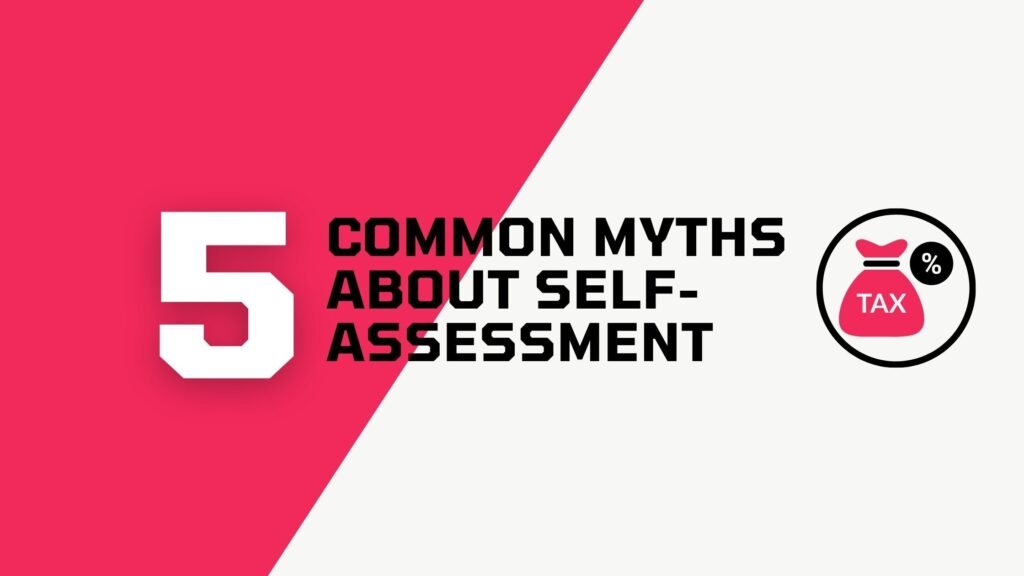Every business big or small can face financial challenges. Issues such as cash flow shortages, mounting debts, or the loss of key clients can quickly escalate if not addressed. When these problems remain unresolved, a business may be forced into liquidation a formal process where assets are sold to repay creditors. Liquidation carries serious consequences, including reputational damage and potential personal liability for directors.
Insolvency vs Liquidation
Insolvency happens when a business cannot pay its debts on time. It is a financial problem, not a formal process, and can sometimes be fixed if the business takes action quickly.
Liquidation is different. It is a legal process where the company’s assets are sold to pay debts, and the business is officially closed. Knowing the difference is important because if insolvency is noticed early, business owners can address the issues by negotiating with creditors or reorganizing the business. If action is delayed, the business may go into liquidation, which can have serious consequences for both the company and its directors.
Early Warning Signs of Financial Distress
Noticing problems early can help a business survive and avoid being forced to close. Some common warning signs to watch for include running out of cash or struggling to pay everyday bills. If a business keeps delaying payments to suppliers, employees, or taxes, it shows that money is tight and trust with others could be affected. Relying on personal money or taking on more debt to keep the business running is also a serious warning.
Losing important clients or contracts can reduce income and make it harder to pay bills. If profits are falling or costs are rising, the business may not be making enough money to stay healthy. Other signs include poor management, such as not keeping track of finances, staff leaving often, low morale, or weak systems in the business. Spotting these signs early gives business owners a chance to fix problems before they get worse.
Long Term Strategies to Prevent Future Financial Distress
To keep a business safe from money problems, planning and careful management are very important.
- Business owners should check their cash regularly and look at financial reports to spot any money shortages early. Controlling costs and avoiding unnecessary spending helps the business run smoothly without wasting money.
- It’s also important to have different ways of earning money and to have more clients, so the company does not depend on just one source of income.
- Keeping some extra cash for emergencies can help cover unexpected expenses or slow periods.
- Planning for “what-if” situations, like losing a client, higher costs, or tough times in the economy, helps the business stay prepared.
Directors’ Legal Responsibilities in Preventing Liquidation
Directors play an important role in keeping a business safe from financial problems. They must make decisions that are best for the company, and when the business is in trouble, they also need to think about the people the company owes money to, called creditors. Part of their job is to regularly check the company’s finances, including cash flow, debts, and financial reports.
If warning signs of trouble appear, directors must act quickly to fix the problems. Ignoring these signs or continuing to run the business when it cannot pay its debts can lead to serious consequences. Directors could become personally responsible for the company’s debts, face fines, or even face legal action.
When to Consider Formal Insolvency Procedures
Sometimes, even with careful planning, a business cannot solve its money problems on its own. If debts keep growing, cash is low, or creditors take legal action, formal insolvency procedures may be needed. These give a clear way to handle debts and protect both the business and directors. Options include a Company Voluntary Arrangement (CVA) to pay debts over time, administration to try to save the business, or voluntary liquidation to close the company and settle debts. Getting professional advice early is important to make sure everything is done correctly and to protect the company and its directors.
Final Thoughts
Businesses can face financial trouble, and if these problems are ignored, they can lead to liquidation. Keeping a close eye on finances, managing costs, setting aside emergency funds, and planning ahead can help avoid many of these issues. Directors should act quickly if they notice warning signs like cash flow problems or growing debt. Seeking professional advice early can help prevent the situation from worsening and provide options such as a Company Voluntary Arrangement (CVA) or other formal measures. Taking quick, responsible action can help protect the business from liquidation





